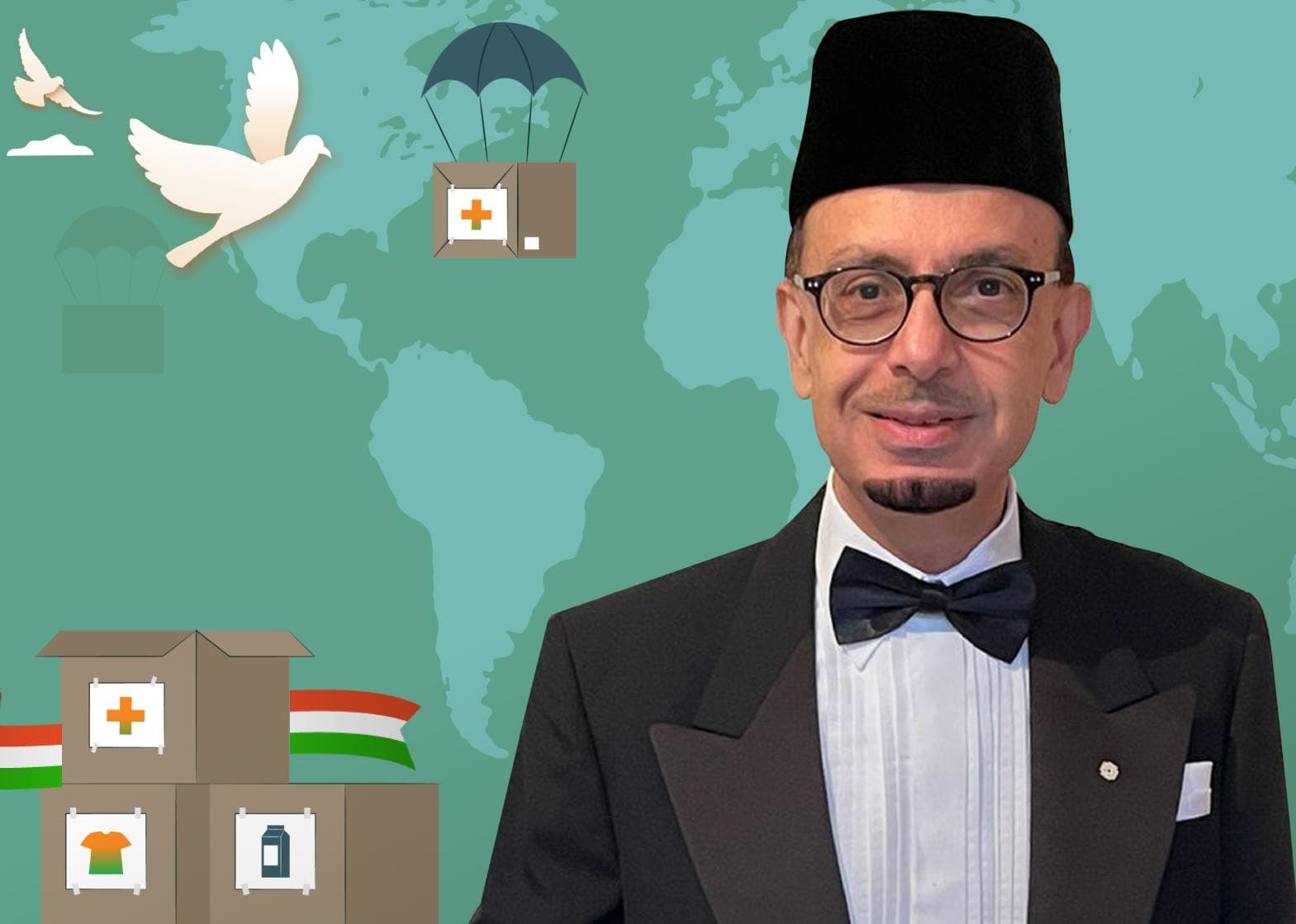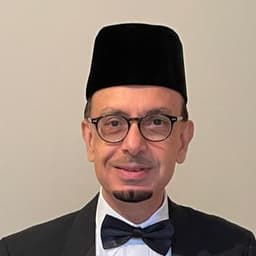Frontlining Hope in Middle East's Tense Saga
Amidst escalating West Asian tensions, India emerges as a key peacemaker, championing dialogue and humanitarian efforts.

In a critical juncture for West Asia, a delegation of Arab Islamic Foreign Ministers, including the likes of Saudi Foreign Minister Prince Faisal bin Farhan Al Saud and Egyptian Foreign Minister Sameh Shoukry, are set to meet in Delhi. Their visit, in the wake of the severe Oct 7 Hamas attack and Israel's intense retaliation, is a testament to India's emerging role as a consensus builder in the region.
India's response to the conflict has been marked by a firm condemnation of terrorism and a strong advocacy for international humanitarian law. It has balanced this stance with a call for the unconditional release of Israeli hostages, demonstrating a commitment to fairness and peace.
India's efforts extend beyond diplomacy; it has provided substantial humanitarian aid to Palestine, sending 70 tonnes of disaster relief materials. This support is a tangible reflection of India's broader policy, which emphasises direct negotiations and envisions a peaceful coexistence of a sovereign Palestine with Israel.
Tracing the roots of the conflict to the Balfour Declaration in 1917, India's approach mirrors its own history of overcoming colonialism through Mahatma Gandhi's non-violent resistance. The current situation in Gaza, evocative of the Holocaust's horrors, underscores the urgent need for a peacemaker in these troubled times.
India's consistent support for a two-state solution aligns with the United Nations' vision, showcasing its growing influence in shaping a multipolar global order. Its presidency over the G-20 group and leadership in the Global South have further cemented its position as a significant player in international diplomacy.
The necessity for a cessation of hostilities is a sentiment echoed in both New Delhi and Riyadh. India's role in cutting through the narratives spun by Western media is crucial in presenting an unbiased view of the Israel-Palestine conflict.
India's unique position is further strengthened by its active assistance to Palestinians while maintaining diplomatic ties with Israel. Prime Minister Narendra Modi's visit to Palestine and the support for educational and religious institutions there highlight India's multifaceted approach to peacebuilding.
In the geopolitics of West Asia, India stands as a potential leader due to its extensive relations with regional powers like Saudi Arabia, UAE, Egypt, and Iran. The unveiling of the India-Middle East-Europe Economic corridor indicates India's strategic focus on the Middle East as a pivotal area for future economic alliances.
India's diplomatic efforts are also mindful of the varying interests of global powers like the US in the region. By focusing on partnerships within its neighbourhood and the East, India is positioning itself as a responsible and emerging global power.
India's ethos of peace, deeply rooted in its Sufi traditions and exemplified by the teachings of Khwaja Moinuddin Chishti and Hazarat Nizamuddin Auliya, offers a model for religious coexistence and harmony. The spiritual legacy of these shrines, visited by people from all religions, reflects the country's commitment to tranquillity and mutual respect.
India's role in the Middle East is more than just diplomatic; it's a beacon of hope, drawing from its rich cultural and spiritual heritage to guide a region fraught with conflict towards a path of peace and stability.

Dr Irfan Al Alawi 🇸🇦
Deep Dive
Science & Sufism: India maintains links of spiritualism and science with West Asia by maintaining a shrine in Palestine and lending tech support to region.
Israel-Palestine Balance: Balancing support to Israel and Palestine makes Delhi a more valuable diplomatic partner in West Asia, giving India more leverage with Israel, Palestine, Arab states and Iran.
India-Middle East-Europe Economic Corridor: The India-Middle East-Europe Economic Corridor (IMEC), comprising railway lines, sea lines, and road networks promises to generate huge business and employment potential for region.


































